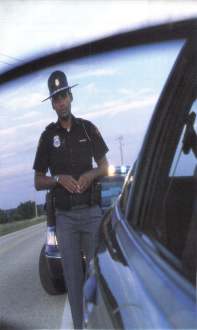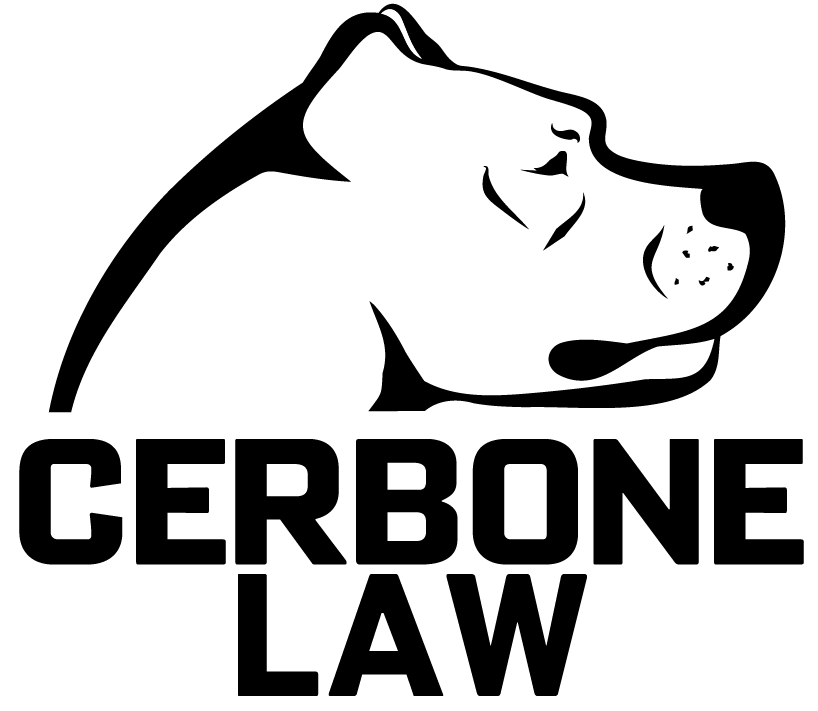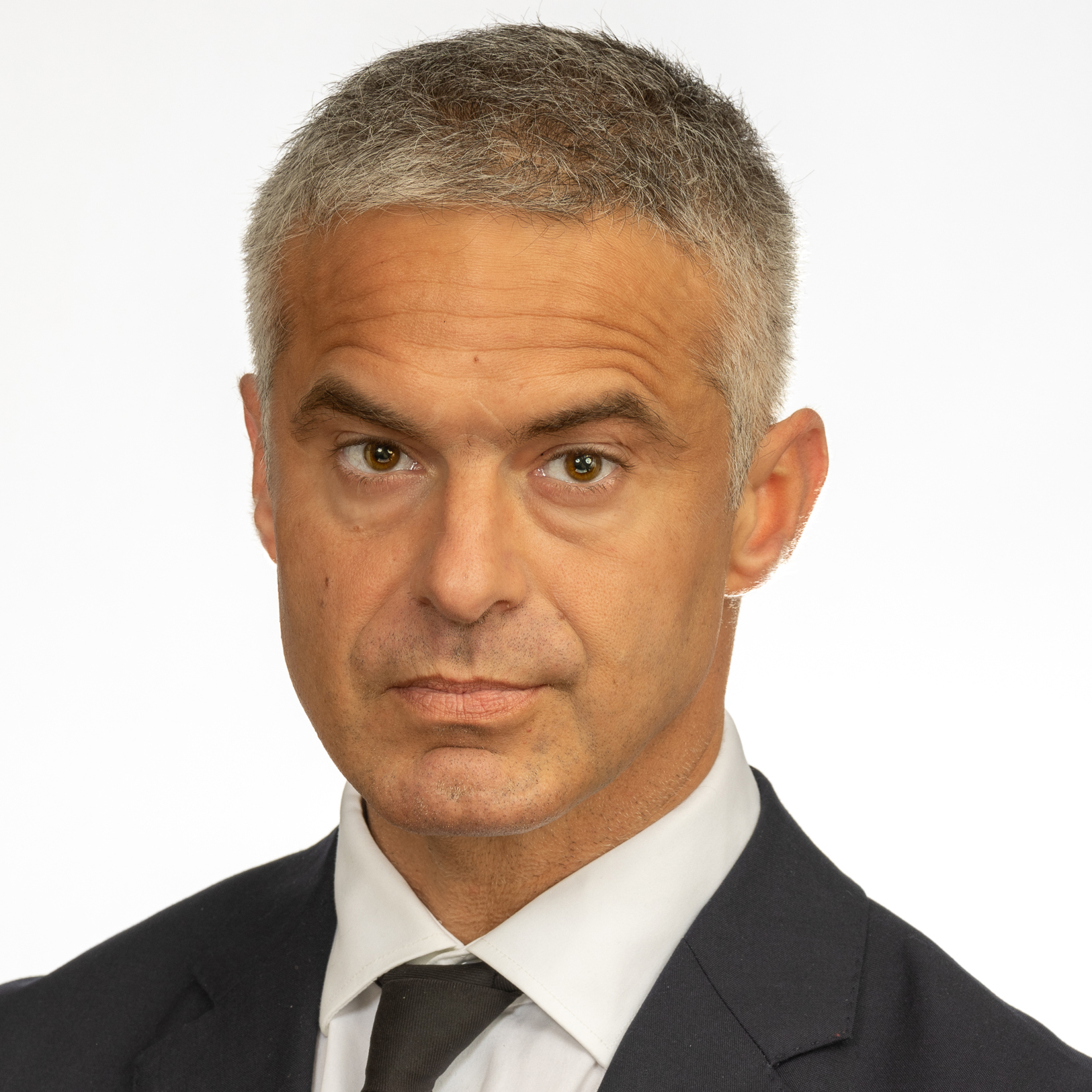 What to say to the DUI police officer
What to say to the DUI police officer
My lawyer has instructed me to not discuss or reply to accusations after I have provided identification. I will take no field sobriety tests, and I will answer no questions until I speak with my lawyer. If I am free to leave, I would like to do so now. If not, pursuant to my rights under the Federal and State Constitutions, I shall speak to no one in the absence of counsel. I shall not consent to waive my legal rights. I shall not consent to a search of my car. Requests for information or consent to conduct searches, seizures or investigations of my person (including by breath or bodily fluids), property, or effects should be addressed to my lawyer, whose contact information appears on the reverse side of this card.
However, if by declining a test or examination I would be committing a separate crime, I will consent to your request(s).
NOTE: This advice is based on Georgia law and should not be relied upon outside of Georgia. This advice is general in nature and may not necessarily be in your best interest. If you are confronted by a law enforcement officer, make every attempt to contact me.
What to do if you are pulled over for DUI
- Be nice.
- Say “On the advice of counsel, I will take no field sobriety tests, and I will answer no questions until I speak with my lawyer.” Say nothing more.
- Have ready: your license, registration, and insurance, but only give these to the cop if he asks for them.
- You may refuse to take a Breathalyzer, blood, or urine test, but you may lose your license for a year. Blood tests are more accurate, and you may ask for one instead of the Breathalyzer, but you must pay for the test and find a doctor to do it. Remember, the police control the Breathalyzer.
- If given a ticket, sign it or you could be arrested.
- If you’re arrested, you have the right to remain silent. REMAIN SILENT! Wait for the advice of a lawyer before speaking with the police.
- Demand the presence of a lawyer. Ask for a lawyer during any questioning, even if you’re not in custody. No matter what the police say, you don’t have to answer anything, and they’ll never treat you better without a lawyer than with one. Remember, even if you did nothing, your statements can and will be used against you later. Play it safe: call your lawyer first.
- Ask the police: “What am I being charged with?”
- Be honest. Either answer everything fully, or answer nothing until talking with your lawyer.
- Never consent to a search of your car. (But, if you are arrested they will search your car. This is allowed for their safety. But, if you are asked for consent to search your car, say NO.
- Refuse consent to search. Say: “I refuse to consent to any search of my premises, the location of my arrest, my car or effects.” “I wish to exercise my rights under the Fifth and Sixth Amendments to remain silent and to have a lawyer present during any questioning or lineup.” “If you ignore my exercise of these rights and try to get me to waive them, I want to talk to my lawyer prior to any conversation with law enforcement agents on the subject of waiver.”
Why you shouldn’t talk to the police
- You often do not know whether you’re innocent.
- Police officers are human and make mistakes.
- Innocent suspects make mistakes.
- Innocent suspects never know what mistaken witnesses or unreliable evidence the police may have against them.
- Any statement can be used to incriminate you if the police are mistaken or confused about what they told you or asked you.
- Even if you say nothing that can be used against you, the police will be allowed to testify that they thought you appeared too nervous or too calm.
- Police deception tactics are unchecked during interrogation.
- You can be prosecuted for false statements to the police or obstruction of justice.
I learned this from Professor James Duane of Regent Law School an advanced DUI Defense seminar, “DUI Communicating Your Way to an Acquittal” in Las Vegas.


